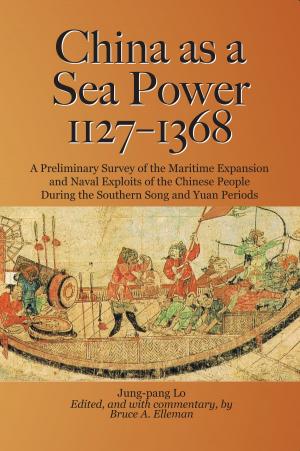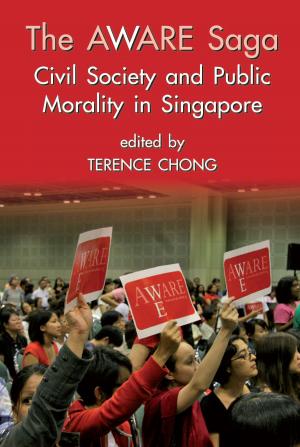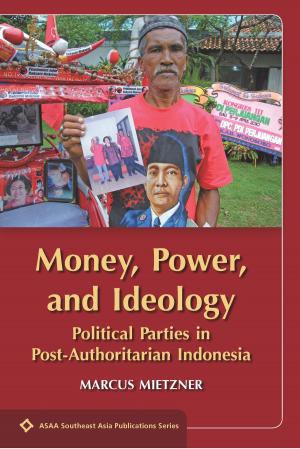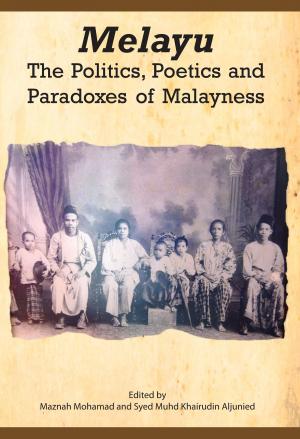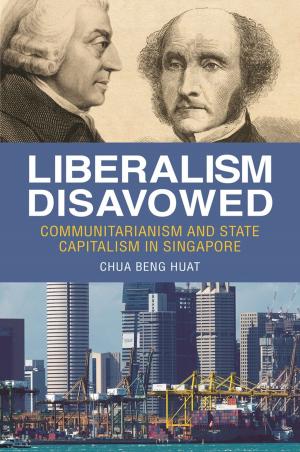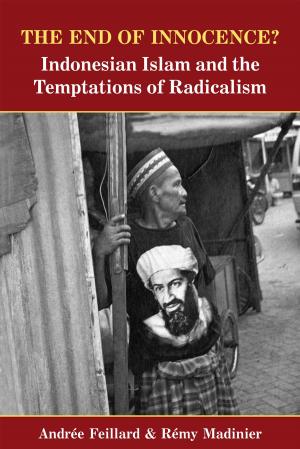Hard Choices
Challenging the Singapore Consensus
Nonfiction, Social & Cultural Studies, Political Science, International, Foreign Legal Systems, Politics, Economic Policy, Government, Public Policy| Author: | Sudhir Thomas Vadaketh, Donald Low | ISBN: | 9789971698294 |
| Publisher: | NUS Press | Publication: | April 22, 2014 |
| Imprint: | Language: | English |
| Author: | Sudhir Thomas Vadaketh, Donald Low |
| ISBN: | 9789971698294 |
| Publisher: | NUS Press |
| Publication: | April 22, 2014 |
| Imprint: | |
| Language: | English |
Singapore is changing. The consensus that the PAP government has constructed and maintained over five decades is fraying. The assumptions that underpin Singaporean exceptionalism are no longer accepted as easily and readily as before. Among these are the ideas that the country is uniquely vulnerable, that this vulnerability limits its policy and political options, that good governance demands a degree of political consensus that ordinary democratic arrangements cannot produce, and that the country’s success requires a competitive meritocracy accompanied by relatively little income or wealth redistribution.
But the policy and political conundrums that Singapore faces today are complex and defy easy answers. Confronted with a political landscape that is likely to become more contested, how should the government respond? What reforms should it pursue? This collection of essays suggests that a far-reaching and radical rethinking of the country's policies and institutions is necessary, even if it weakens the very consensus that enabled Singapore to succeed in its first fifty years.
But the policy and political conundrums that Singapore faces today are complex and defy easy answers. Confronted with a political landscape that is likely to become more contested, how should the government respond? What reforms should it pursue? This collection of essays suggests that a far-reaching and radical rethinking of the country's policies and institutions is necessary, even if it weakens the very consensus that enabled Singapore to succeed in its first fifty years.
Singapore is changing. The consensus that the PAP government has constructed and maintained over five decades is fraying. The assumptions that underpin Singaporean exceptionalism are no longer accepted as easily and readily as before. Among these are the ideas that the country is uniquely vulnerable, that this vulnerability limits its policy and political options, that good governance demands a degree of political consensus that ordinary democratic arrangements cannot produce, and that the country’s success requires a competitive meritocracy accompanied by relatively little income or wealth redistribution.
But the policy and political conundrums that Singapore faces today are complex and defy easy answers. Confronted with a political landscape that is likely to become more contested, how should the government respond? What reforms should it pursue? This collection of essays suggests that a far-reaching and radical rethinking of the country's policies and institutions is necessary, even if it weakens the very consensus that enabled Singapore to succeed in its first fifty years.
But the policy and political conundrums that Singapore faces today are complex and defy easy answers. Confronted with a political landscape that is likely to become more contested, how should the government respond? What reforms should it pursue? This collection of essays suggests that a far-reaching and radical rethinking of the country's policies and institutions is necessary, even if it weakens the very consensus that enabled Singapore to succeed in its first fifty years.

